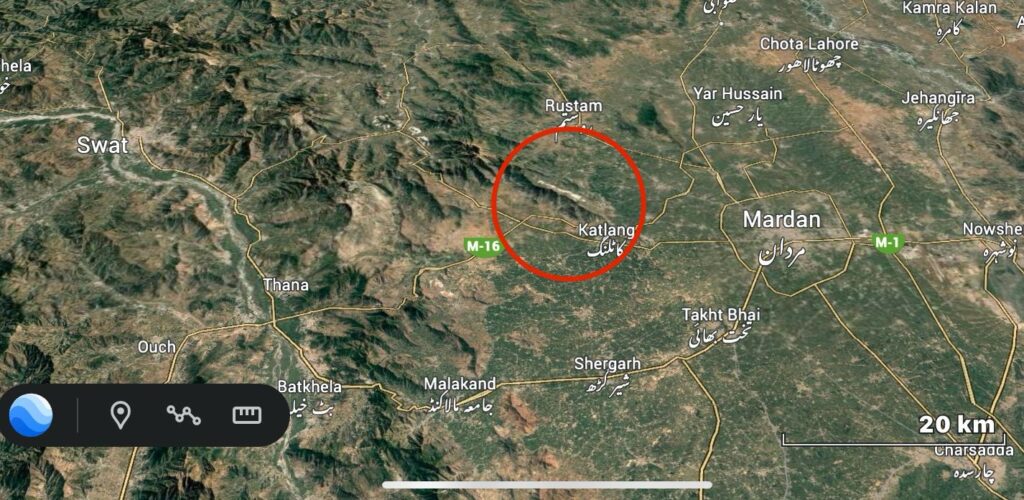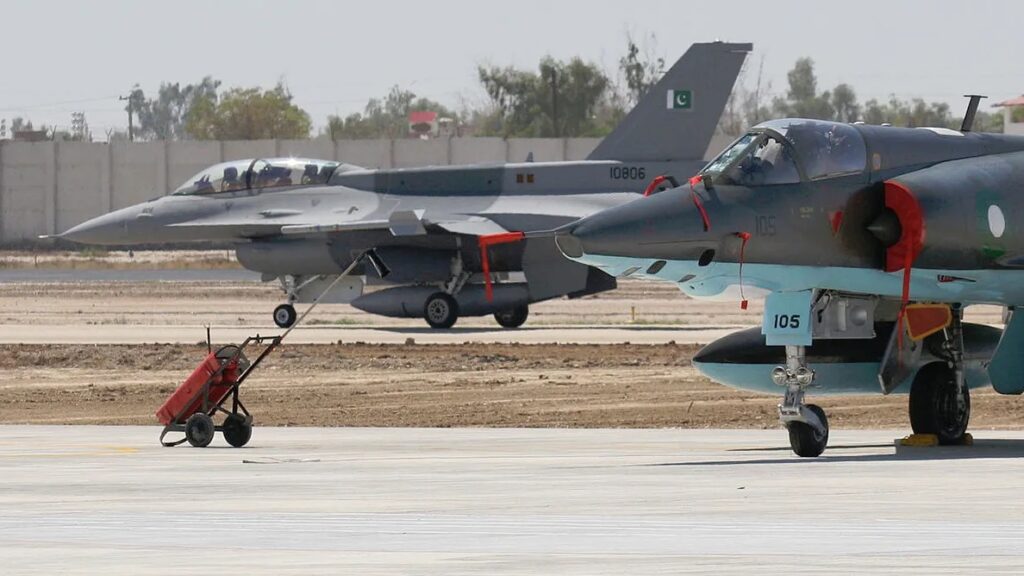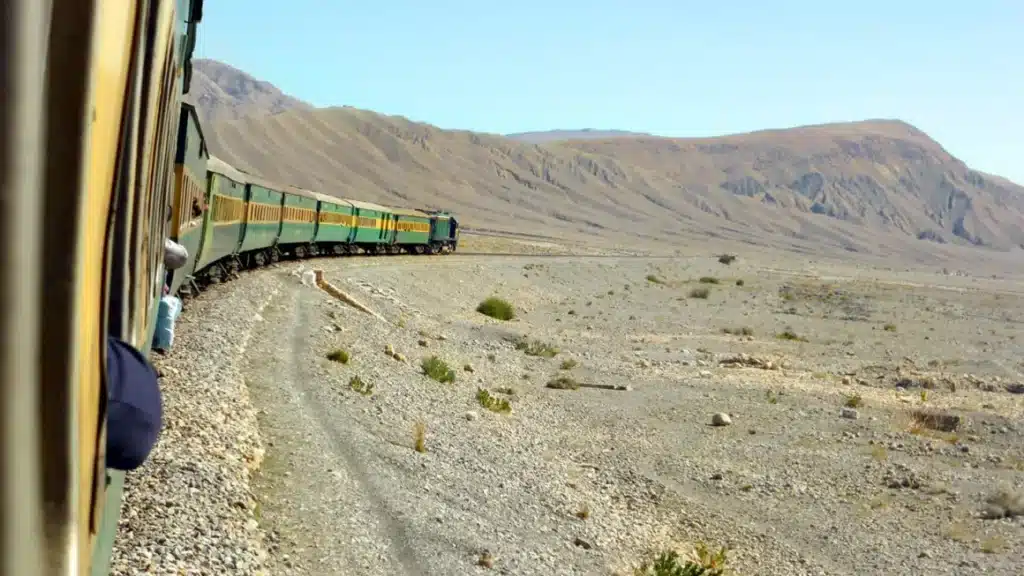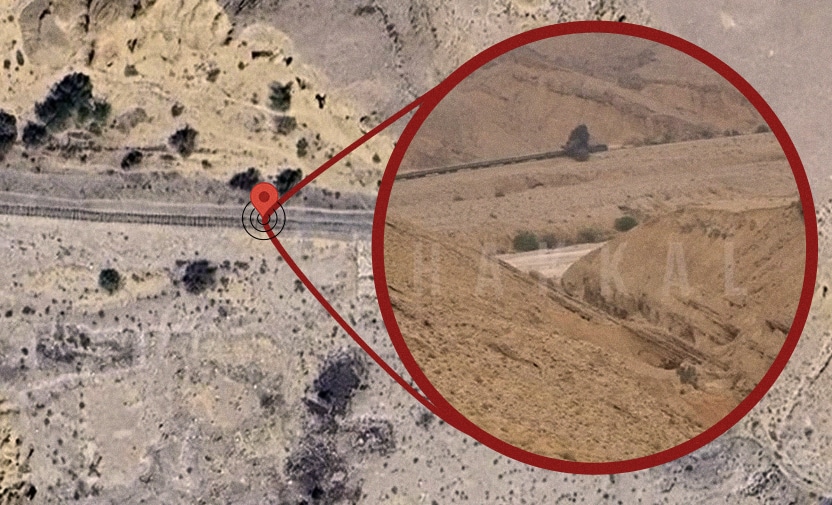WASHINGTON: A US congressional panel has acknowledged Pakistan’s victory over India in the four-day conflict in May.
The bipartisan US-China Economic and Security Review Commission said in its annual report that Pakistan shot down six Indian fighter jets during the clashes. It credited Chinese weapons for playing a key role in Pakistan’s success. French-made Rafale jets were downed by Pakistan with the help of Chinese arms.
Following the conflict, Indonesia canceled its Rafale procurement plans, and the global reputation of the aircraft was affected.
The clashes began after a false flag attack on tourists in Indian Illegally Occupied Jammu Kashmir. Both sides used fighter jets, missiles, drones, and artillery. The conflict marked the worst escalation between the nuclear-armed rivals in over 25 years. A tense truce followed after US President Donald Trump mediated a ceasefire.
The report highlighted the debut of modern Chinese systems, including the HQ-9 surface-to-air missile, PL-15 air-to-air missile, and J-10C fighter aircraft. It noted that China used the conflict to test and showcase its weapons amid ongoing border tensions with India and its expanding defense industry goals.
Earlier on Tuesday, the US President Donald Trump had claimed it again that he single-handedly prevented a major war between India and Pakistan that was on the verge of reigniting. Trump made these comments during a conversation with Saudi Crown Prince Mohammed bin Salman at the White House, as reported by international media.
While reflecting on his foreign policy achievements, President Trump stated he was “proud of having stopped eight major wars in the world.” He specifically cited his intervention in the long-standing tensions between India and Pakistan. “I stopped the war between Pakistan and India, and I also stopped the war between Pakistan and India that was about to start again,” he asserted.
Explaining his diplomatic approach, Trump indicated that he leveraged trade as a foundational element for conflict resolution. He expressed satisfaction that both nations are now “taking good steps” towards stability.





